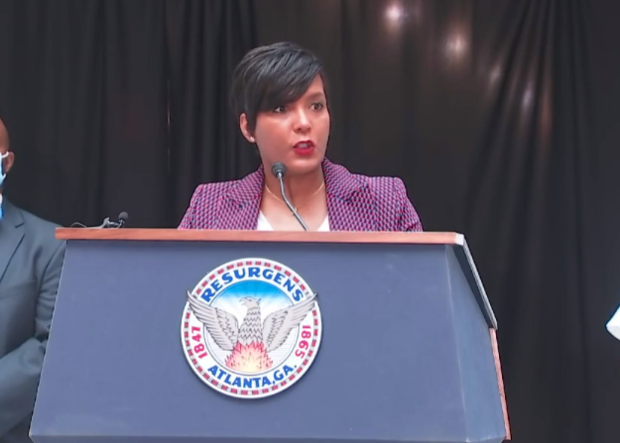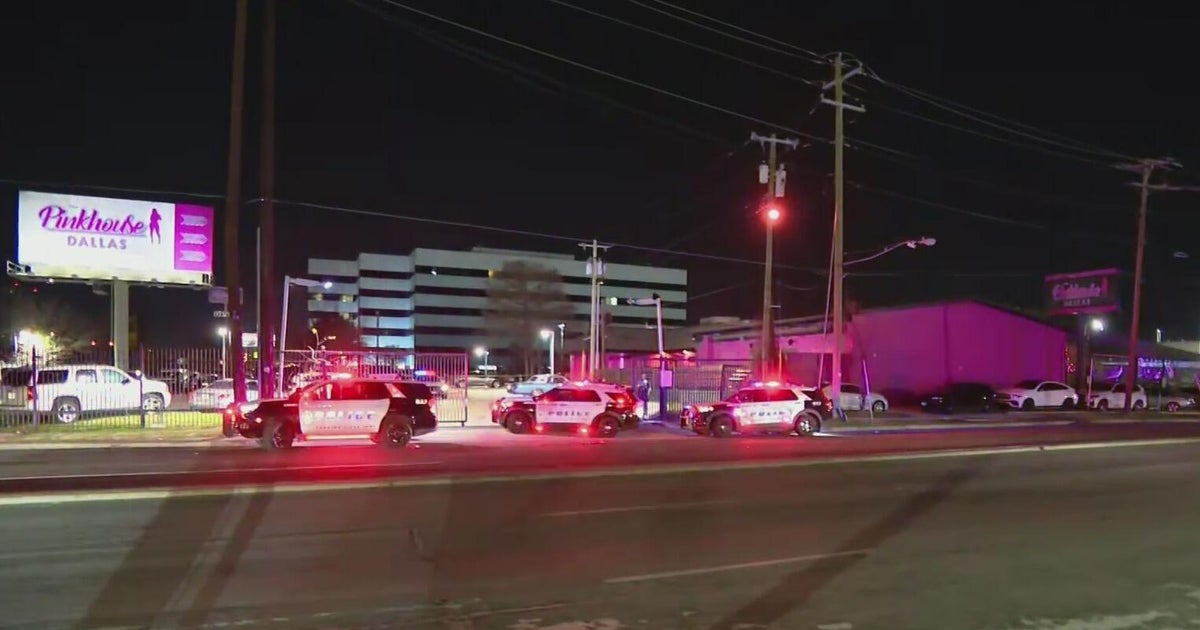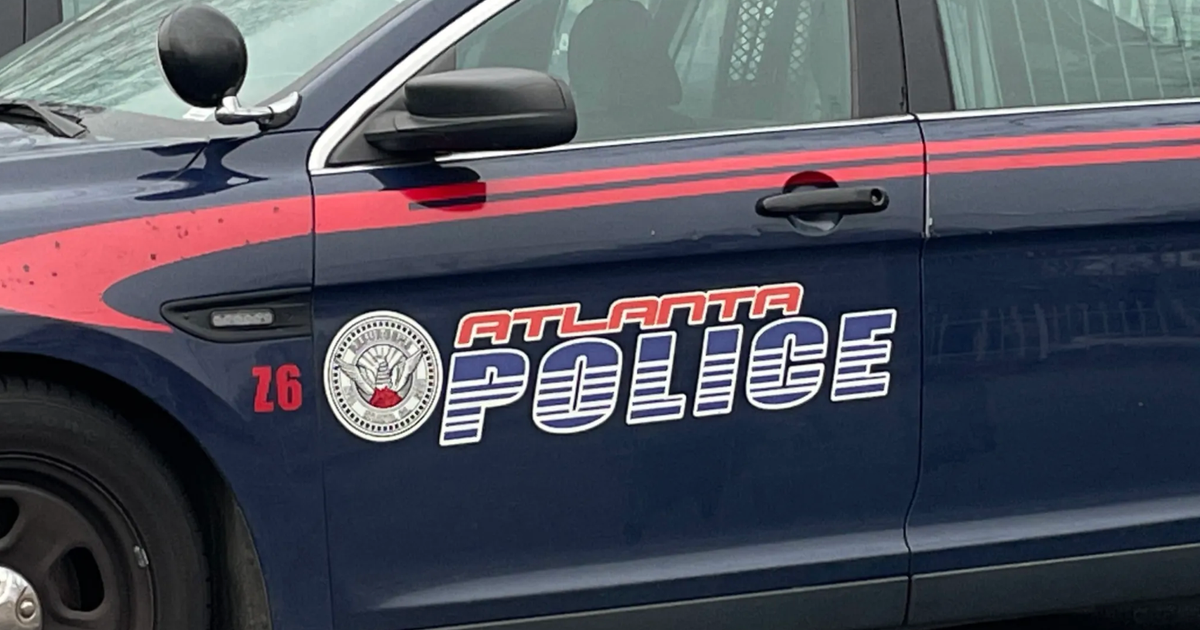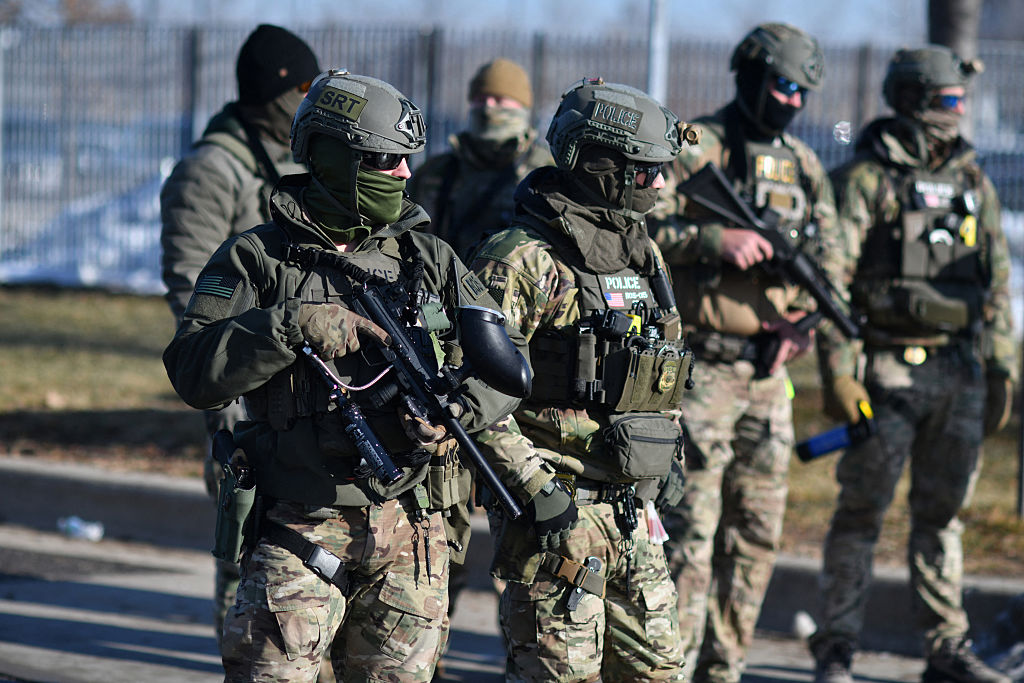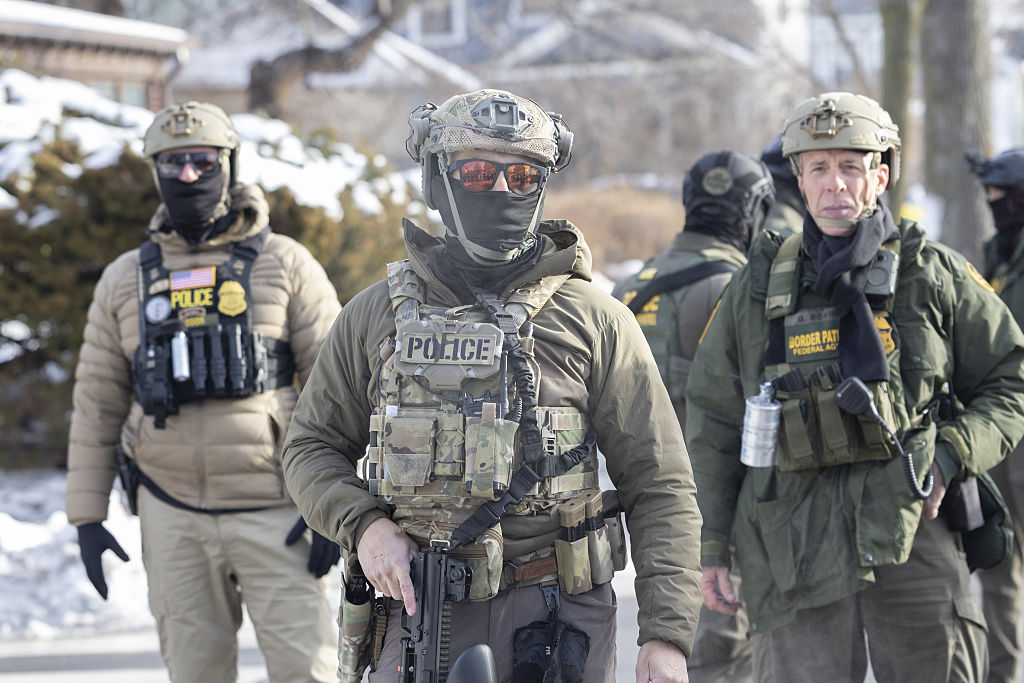Atlanta mayor orders changes to police use-of-force policy, calls Rayshard Brooks shooting "murder"
Atlanta mayor Keisha Lance Bottoms ordered changes to the Atlanta Police Department's use-of-force policy Monday in the wake of outrage over the fatal police shooting of Rayshard Brooks.
Brooks was fleeing with the Taser of an officer who had been trying to arrest him on Friday at a Wendy's drive-thru when the officer opened fire. An autopsy determined the 27-year-old had been shot in the back and ruled his death a homicide. The killing re-ignited demonstrations protesting racism and police brutality against black men and women following the Memorial Day police killing of George Floyd in Minneapolis.
Bottoms described the shooting as a "murder" and said it "didn't have to end that way."
"It angered me and it saddened me beyond words," the mayor said.
Bottoms said she will sign a series of administrative orders requiring Atlanta police officers to use only the amount of objectively reasonable force necessary to protect themselves or others to make an arrest or bring someone resisting under control. The orders will also require de-escalation tactics prior to the use of deadly force, with the goal of gaining voluntary compliance to avoid or minimize the use of physical force. They will impose restrictions on when an officer can use deadly force on a suspect in a moving vehicle. And they will codify a "duty to intervene" policy requiring officers to step in if they see other officers using unnecessary force.
Atlanta police policy currently allows officers to use deadly force to apprehend a suspected felon when the officer "reasonably believes that the suspect possesses a deadly weapon or any object, device, or instrument which, when used offensively against a person, is likely to or actually does result in serious bodily injury and when [the officer] reasonably believes that the suspect poses an immediate threat of serious bodily injury to the officer or others." It also allows for deadly force when there's probable cause to believe the suspect had inflicted or threatened serious physical harm and his or her escape "would create a continuing danger of serious physical harm to any person."
Bottoms said the Atlanta police policies should make clear that officers are expected to be "guardians, not warriors" within the community. She said the department's use-of-force policy was already under review by a task force that convened last week. The task force is expected to issue initial recommendations in 14 days and then draw on community input to release finalized recommendations in 45 days, Bottoms said.
"As we are taking a look at our use-of-force policy through our task force, it became abundantly clear to me that through my executive power, we need to reiterate our desire that there be de-escalation and not immediate use of force when there are other options that are available," Bottoms said.
The mayor's address came after thousands of demonstrators marched on the Georgia state capitol in Atlanta where the Georgia legislature was holding its first session since the coronavirus pandemic. The march was called by the state chapter of the civil rights group the National Association for the Advancement of Colored People.
"We are done dying," the NAACP said in a statement which called for "ending police violence against our communities."
The demonstrators held up photos of Floyd, Brooks and another Georgian, Ahmaud Arbery, a black man shot dead on February 23 after being chased down by three white men in pickup trucks while he was jogging. Protesters on Monday also urged the passage of a state hate crime law in the wake of Arbery's killing.
Brooks' death came after police responded to a complaint that a man was asleep in his car at the Wendy's. Brooks allegedly failed a sobriety test administered by police, and when officers tried to arrest him, a struggle ensued. Brooks was shot while running away after grabbing one of the officer's Taser stun devices. Video appeared to show him turning and pointing the Taser just before the shooting.
Brooks' family has said the officer involved should face justice. His widow Tomika Miller told CBS News correspondent Mark Strassmann that the officer should be charged with murder because the use of force was not justified.
"You can't have it both ways in law enforcement," Brooks family attorney L. Chris Stewart told the Associated Press. "You can't say a Taser is a nonlethal weapon ... but when an African American grabs it and runs with it, now it's some kind of deadly, lethal weapon that calls for you to unload on somebody."
The officer, Garrett Rolfe, was dismissed from the force and Atlanta's police chief resigned within hours of the shooting. Georgia prosecutors said they were weighing bringing charges.
"If that shot was fired for some reason other than to save that officer's life or to prevent injury to him or others, then that shooting is not justified under the law," Fulton County district attorney Paul Howard said.
As departments nationwide change their policies in the wake of Floyd's killing, Bottoms said there is a "shift of expectations across this country" for officers that will be no different in Atlanta.
Police reform has been one of the most persistent demands of protesters who have taken to the streets of U.S. cities. Chicago's Mayor Lori Lightfoot announced on Monday that she was setting up a working group to review the use of force by officers in her city, the country's third largest. Lightfoot said the goal would be to "create better policies and better training for our officers so that we can empower them to address situations appropriately and prevent any excessive use of force incidents."
In California, police unions in San Jose, San Francisco and Los Angeles condemned Floyd's death and pledged to reform their policies on use of force and root out racist officers.
In New York, police commissioner Dermot Shea said about 600 plainclothes police officers would be shifted to new roles including "community policing."
"This is a seismic shift in the culture of how the NYPD polices this great city," Shea said.
Speaking Monday, Bottoms became emotional when she said she had watched the police body camera video and heard Brooks talking about attending his daughter's birthday party before the fatal struggle.
"To watch Mr. Brooks on Friday night talk about wanting to go home to his daughter's birthday, it breaks my heart," Bottoms said, holding back tears. "And there is nothing that I can say or do as mayor to bring him back, or change what happened Friday. What it does mean is I will continue to try each and every day to make sure it doesn't happen again."
